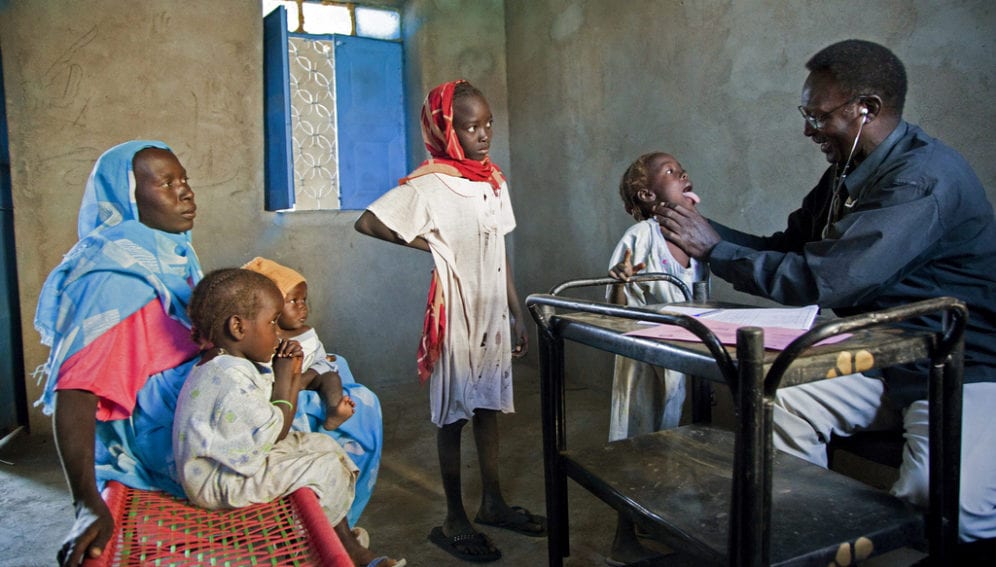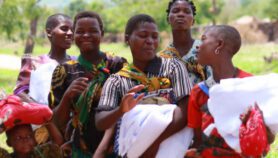By: Jan Piotrowski
Send to a friend
The details you provide on this page will not be used to send unsolicited email, and will not be sold to a 3rd party. See privacy policy.
Developing countries will receive extra support to prevent, detect and respond to health threats as the US government announced plans last month (13 February) to boost funding for nations at high risk from infectious disease.
The Centers for Disease Control and Prevention (CDC) — along with the Department of Defense — will dedicate a total of US$40 million from their 2014 budgets to capacity-building efforts. There is the possibility of an additional US$45 million in 2015 if the US Congress approves President Barack Obama’s request for the extra money.
Within five years, the CDC aims to help 30 at-risk nations cope with the “perfect storm of vulnerability”, Tom Frieden, the centre’s director, said during a press briefing preceding the announcement.
“The next eight months are going to be spent in regional meetings agreeing on concrete processes to strengthen global health security.”
Scott Dowell, CDC
“We really need to be working more closely and more collaboratively with other countries and need to increase the focus and participation of other countries in addressing these challenges,” he said.
The initiative is part of a wider push by the CDC to get all countries signed up to the WHO’s International Health Regulations, a legally binding set of rules designed to prevent and protect against the spread of diseases while minimising disruption to travel and trade. Currently, only one in five nations comply with these standards, which also cover the detection of and response to diseases.
Freiden said the extra funding will be used to expand the CDC’s global health programme, which has already had successes in Uganda and Vietnam, where it has worked with health ministries to improve capacities at local, regional and national levels. These two projects were described in recent (31 January) articles in the CDC publication Morbidity and Mortality Weekly Report (MMWR).
In Uganda, a nationwide courier service has been established to transport medical samples to a laboratory in the capital, where a range of diseases and pathogens including Ebola virus, HIV, drug-resistant tuberculosis and cholera can be diagnosed.
Human capital was the CDC’s focus in Vietnam, where 30 health officials received laboratory training in detecting diseases such as the powerful flu strain, H7N9, as well as support in developing an emergency operations centre to be used in the event of an outbreak.
The work in Uganda and Vietnam highlights the progress the US has made in its global health agenda, but the next step must be to coordinate its many separate initiatives, says Nigel Lightfoot, senior consulting fellow at the Centre on Global Health Security at international affairs think-tank Chatham House.
“There have been a lot of bilateral initiatives with developing countries, but they are not joined up,” he tells SciDev.Net. “We must have more coordination at the donor and NGO level to get better value.”
Scott Dowell, director of the CDC’s division of global disease detection and emergency response, says the signs for international collaboration are good, with Finland having taken responsibility for a first meeting later this year to begin discussing how it can be achieved.
“The next eight months are going to be spent in regional meetings agreeing on concrete processes to strengthen global health security,” he tells SciDev.Net.
> Link to the MMWR article on Uganda
> Link to the MMWR article on Vietnam














